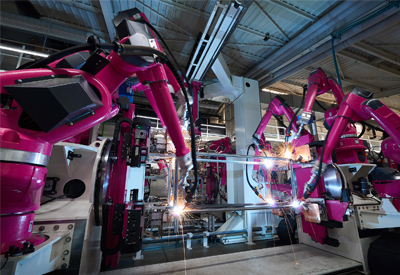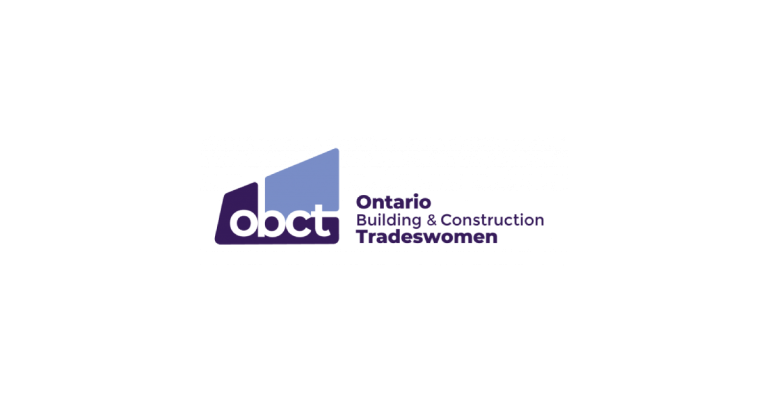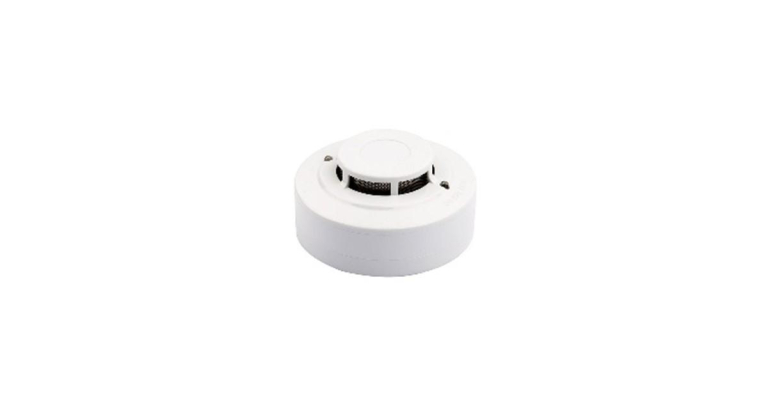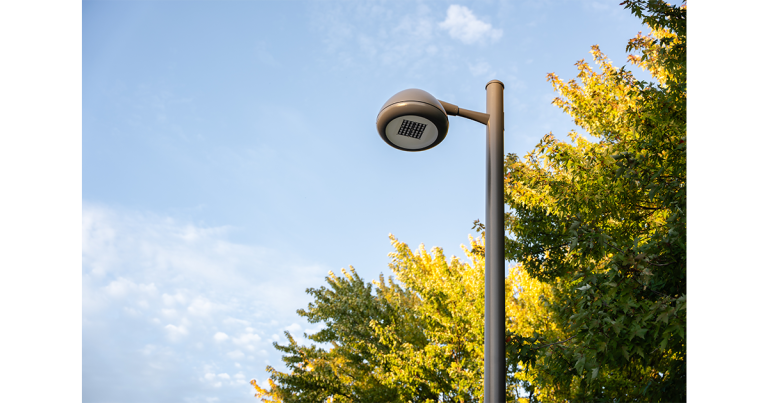German Technology Day, Hosted by Rittal, Eplan, Wago and Pilz

Nov 28, 2019
By Owen Hurst
On November 19, 2019 the German Technology Day hosted by Rittal, Eplan, Wago and Pilz was held in Mississauga. The event showcased a unique conversion of four companies. Something that strongly resembles the collaborative efforts German companies have largely embraced and is often showcased in European shows. Although, it has yet to be fully embraced in North America.
The collaborative event allowed each company to showcase its own solutions, both new and upcoming as well as complement the ways in which the companies support and deliver solutions achieved by working together.
The event was held in two half day sessions (with another full day also held in Kitchener) and saw a wide variety of engineers, integrators, panel builders and end-users in attendance. The event had a small show floor where each company exhibited and allowed hands-on access to many of its products, and included demonstrations of precise wire-cutting, stripping and crimping tools, complete hygienic enclosure in an active washdown scenario, machine safety applications and data monitoring capabilities and IIoT Cloud storage solutions.
The event also hosted direct seminars hosted by each company that took a deeper approach to product understanding and solutions offered. The presentations were focused on each company, but the theme of effective operations and safety were core throughout.
Rittal’s presentation focused on the Vlaue Plan for its customers and the ways in which it is developing solutions to serve those working with enclosures and complete panel builds. In this manner Rittal (and Eplan) focused efforts on learning about standard panel build inefficiencies and general build timeframes. On average they determined a panel build takes 58 hours if done entirely by hand. If you employ a semi-auto build process this can go down to 38 hours, or right down to 24 if using a fully automated system. But what is a fully automated system? Well, this includes efficient panel design (such as Eplan offers), automated panel cutouts, automated wire preparation and automated and precise DIN rail cutting. In fact, the preparation of wires has been identified as the most time-consuming process, and can have negative impacts on workers, who have traditionally had to manually cut and prepare cables. Not to mention, even if highly accurate there is always human error and waste, a factor that is eliminated with automated systems.
Eplan’s presentation fit very well and covered a fair amount of similar ideas and design elements to Rittal but approached the subject from a different angle. Eplan focused more deeply on the time saving and efficiency achieved through accurate design. Considering that wire prep was identified as the most time-consuming part of the process, utilizing accurate panel design makes it very clear for builders what is needed. Designs can show the optimal route for all cables and the exact lengths needed to complete the connection. In this way a human can cut required cables fairly accurately, but again there will always be some degree of error and wasted or overused product. A fully automated system can read right from Eplan designs, cut your cables to exact length, strip and crimp connectors on and even direct print labels onto the wire. Panel builders in this scenario are now focused on building the panel rather than going through extensive preparation work.
Wago’s presentation built upon the wire focus presented by Rittal and Eplan by presenting the origins of their spring clamp technology (Wago was the first to develop this), and that they have now developed over 20,000 products using this technology. Wago presented again the timesaving and efficiency offered through their clamping design and the ease of use design they have developed for various applications, which are designated by clour (ie. Grey is for rugged applications; blue is for process control…). The primary focus, however, was not on the physical aspects of their controllers but their ability to gain IIoT Cloud access with Ignition SCADA using Sparkplug Protocol. In this manner collected data allowed for detailed projections of operations and allowed for monitoring of production levels, physical assets and operating efficiencies, all a primary focus for those implanting automation solutions.
Pilz, as should be expected, focused on safety, and approached this by first addressing the trends and focus of developing cyber-physical systems and the advantages they provide. The core drive for Pilz is creating cyber-physical systems through products designed to protect operators and products designed to protect machines from internal misuse and increasingly from cyberattack. The products presented are certainly addressing the two primary concerns on the minds of operators today, but Pilz has taken this further by recognizing products are only piece of the puzzle, and that those implementing, and monitoring safety products require deeper knowledge. In this way, Pilz has developed extensive training solutions to educate on both their products but also on the wider threats that are infiltrating industrial applications. Two of their primary training courses are the Certified Machine Safety Expert (CSME) course and the more recently developed Robot Safety Training course.
Finally, the event was capped by a keynote presentation held midday by Gurvinder Chopra, of Electro-Federation Canada, who spoke about the synergy between innovation and standardization. His discussion reinforced the key benefits of collaboration and developing synergies that benefit the industry.
Overall the German Technology Day was extremely valuable for those in attendance by providing a unique look into the collaborative efforts of companies and the value that such efforts can provide to those working with automation and control applications within Canada.
Owen Hurst is Managing Editor, Kerrwil Automation & Control Platform

















